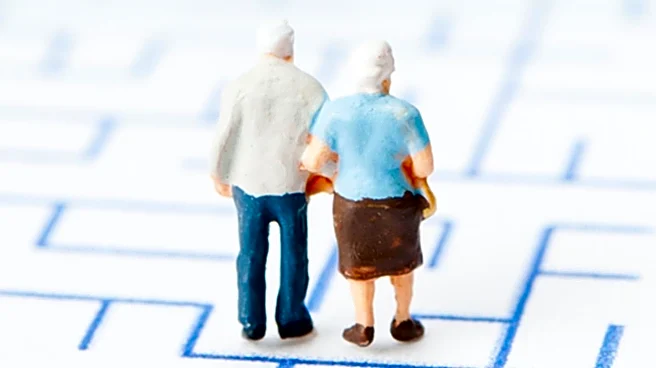What's Happening?
An advice column in Slate addresses a reader's dilemma involving a skin condition that causes painful sores around the mouth and chin. The reader's girlfriend has stopped physical contact and communication until he grows a beard to cover the sores, despite the beard exacerbating the condition. The column advises against growing the beard and suggests seeking medical solutions to obtain medication sooner. It also questions the girlfriend's behavior, urging the reader to consider whether her actions align with the qualities he desires in a long-term partner.
Why It's Important?
This situation highlights the complexities of relationships when health issues are involved. It underscores the importance of empathy and support in partnerships, especially when one partner is dealing with a medical condition. The advice given emphasizes the need for partners to prioritize each other's well-being and to communicate openly about challenges. This can impact societal views on relationship dynamics, encouraging more compassionate and understanding interactions. It also raises awareness about the importance of timely access to medication and healthcare resources, which can significantly affect individuals' quality of life.
What's Next?
The reader is encouraged to refuse the ultimatum and observe the girlfriend's reaction, which may provide insight into the future of their relationship. This advice suggests a period of reflection and assessment of the relationship's dynamics, potentially leading to a reevaluation of priorities and compatibility. The column also hints at the importance of seeking medical advice to prevent future medication shortages, which could involve discussions with healthcare providers about emergency supplies or alternative treatments.
Beyond the Headlines
The advice column touches on broader themes of self-worth and the importance of being in a relationship that supports one's health and happiness. It challenges societal norms that may prioritize appearance over well-being, advocating for a shift towards valuing emotional and physical health in relationships. This perspective could influence cultural attitudes towards health-related challenges in partnerships, promoting more inclusive and supportive environments.









